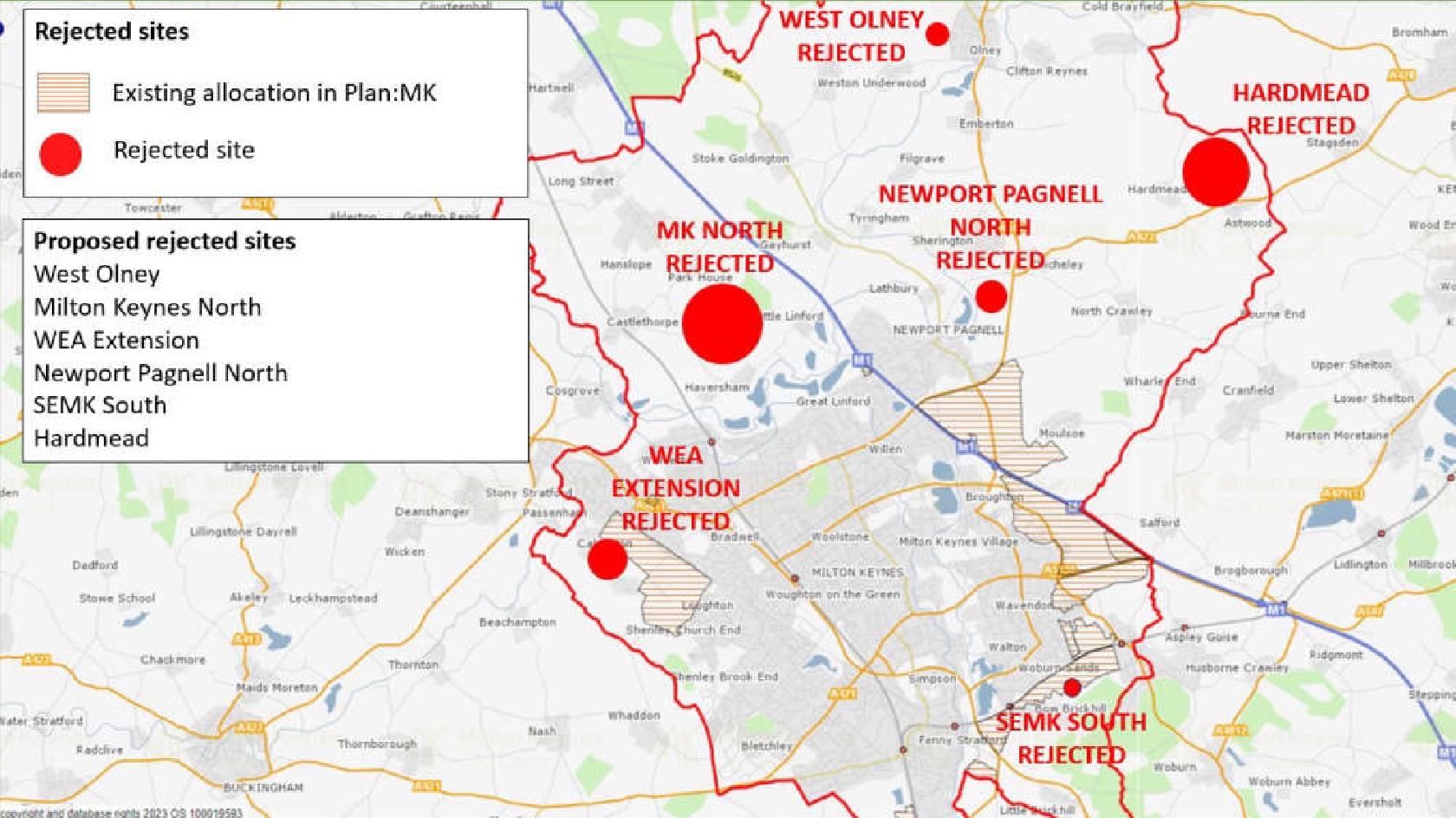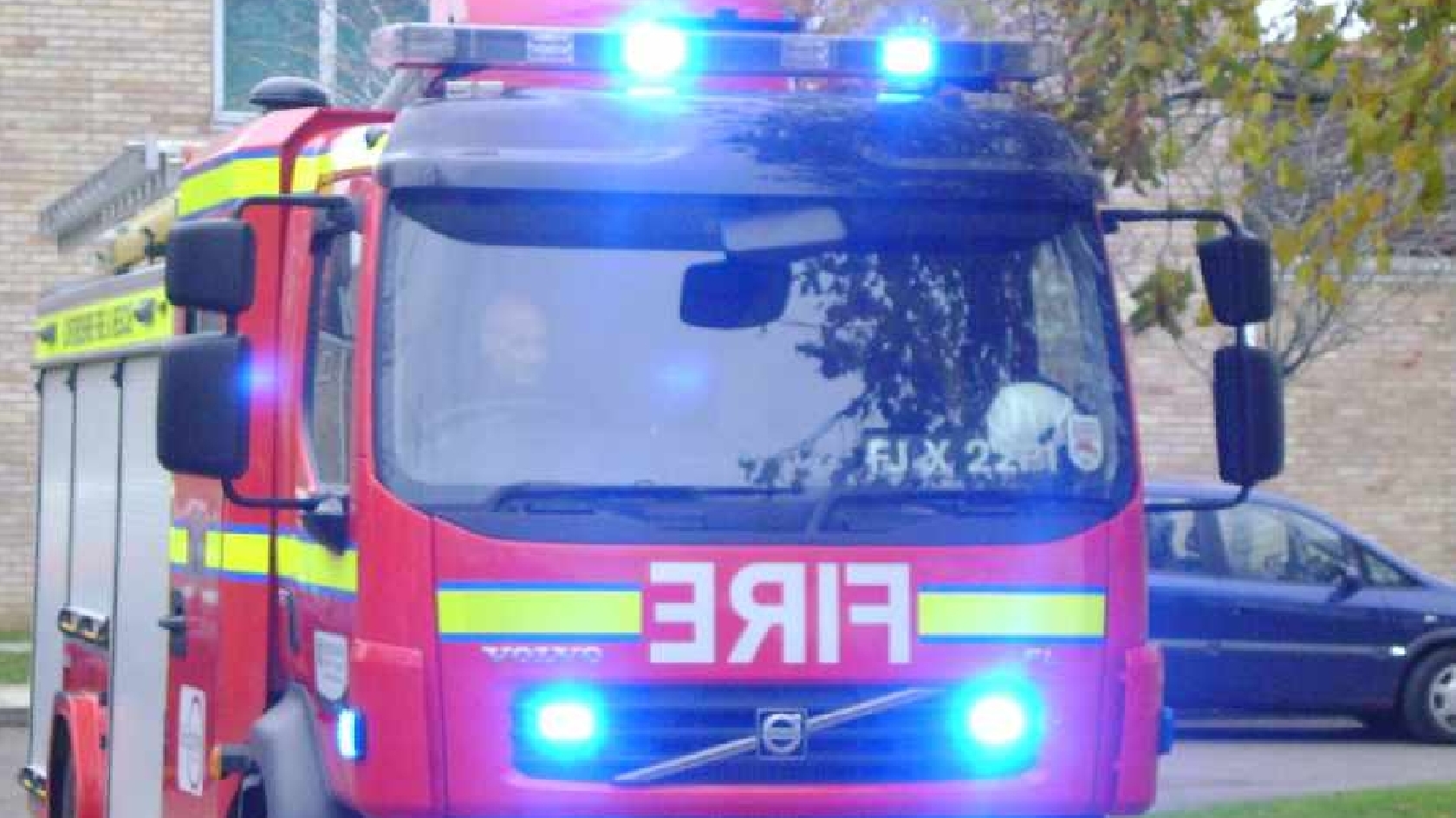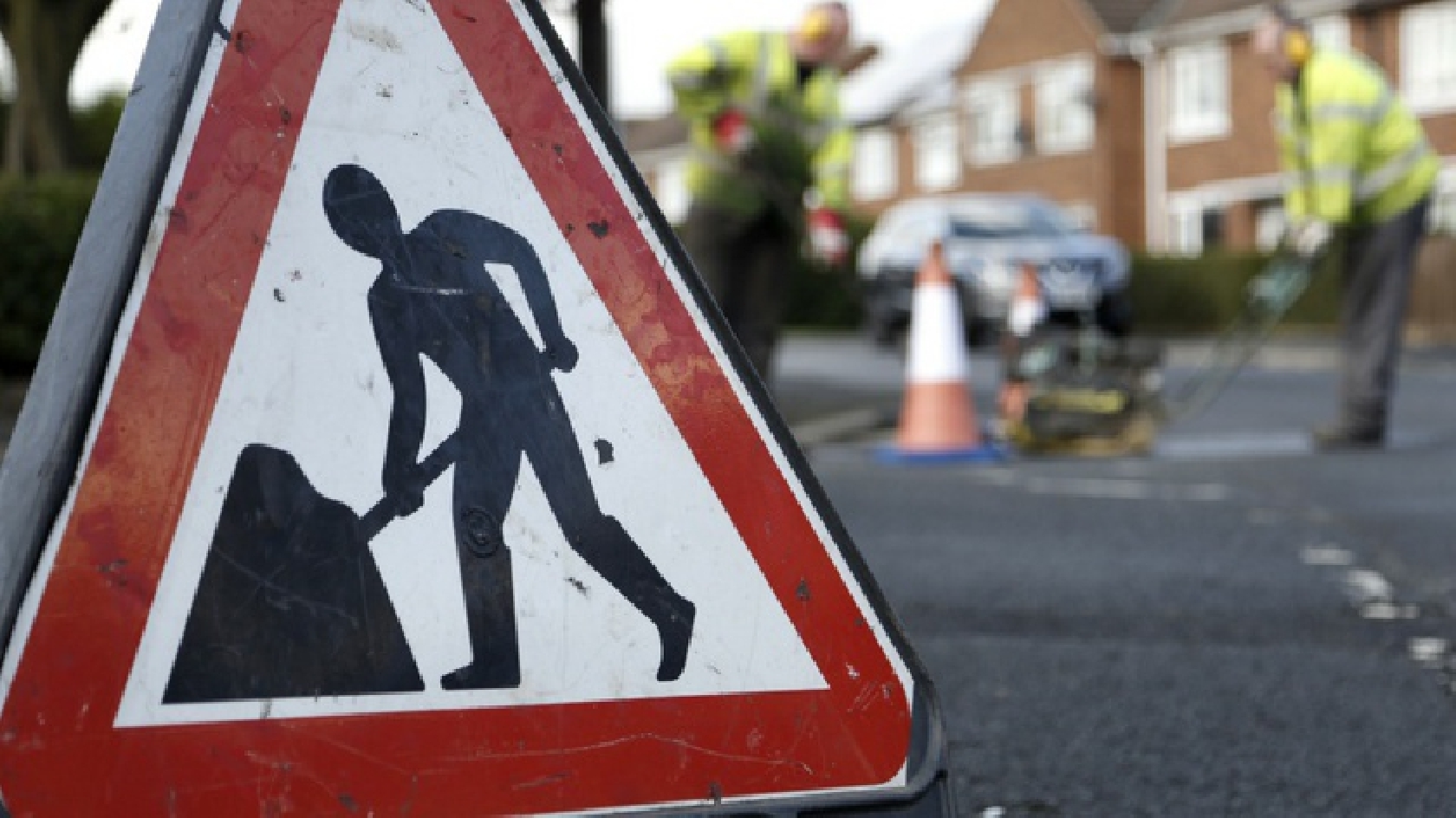
More affordable family homes, infrastructure first and protecting green space top priorities in Milton Keynes City Plan consultation.
Milton Keynes City Council will begin a consultation next month on how best to plan the growth of the city until 2050.
Milton Keynes City Council (MKCC) are seeking to prioritise more affordable family homes, infrastructure investment, protecting green space and job creation. The MK City Plan 2050 will set out a preferred strategy for the delivery of the city’s growth, up until 2050 with sites being allocated for around 30,000 more homes, in addition to the 30,000 already given permission by Plan:MK.
The Draft MK City Plan 2050 will be published for a twelve-week period of public consultation and will be looking for local views on issues including:
- A proposal to ensure 40% affordable family housing of all new previously undeveloped sites.
- An Infrastructure First policy to deliver maximum funding for the hospital, new health provision, new schools and community facilities.
- Protecting existing green spaces, and ruling out growth in rural Milton Keynes as it doesn’t meet the ability to deliver the required infrastructure for growth.
- Growing the city economy with a focus on high-tech jobs, a city centre university and Bletchley regeneration.
- Tackling climate change and improving sustainability.
The consultation period for the MK City Plan 2050, will include the publishing of a range of activities and materials in public exhibitions, meetings, mailouts and a brand-new online engagement platform developed specifically for consultation on the MK City Plan 2050.
Cllr Peter Marland, Leader of MK City Council said, “The draft MK City Plan contains a clear set of ambitions and priorities about how to deliver the future growth of Milton Keynes to 2050. The City Plan housing figure is set by a government formula and the plan will need to pass an examination by a government appointed inspector, but we can still seek to ensure we grow in the right way.
He continued, “We know that local young families need to be able to get on the housing ladder or have the option of an affordable home they can rent. We clear that on newly allocated undeveloped sites we want to see 40% affordable family homes being built."














